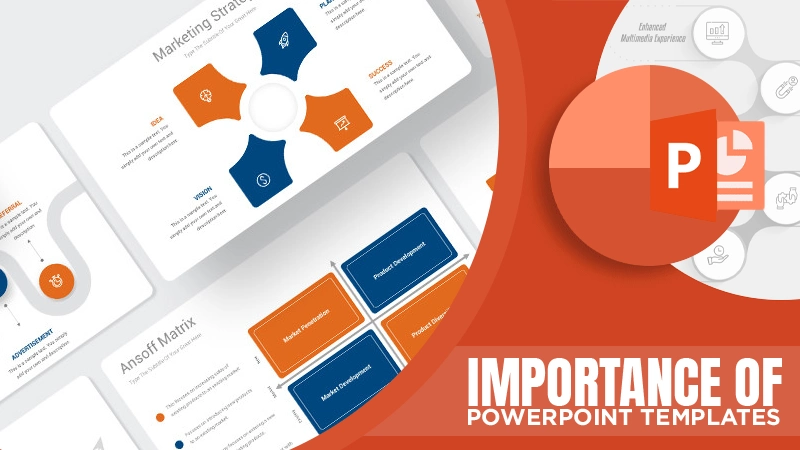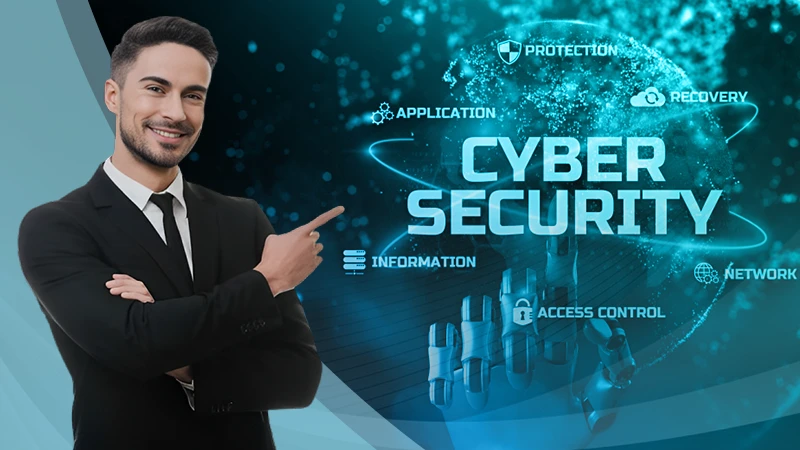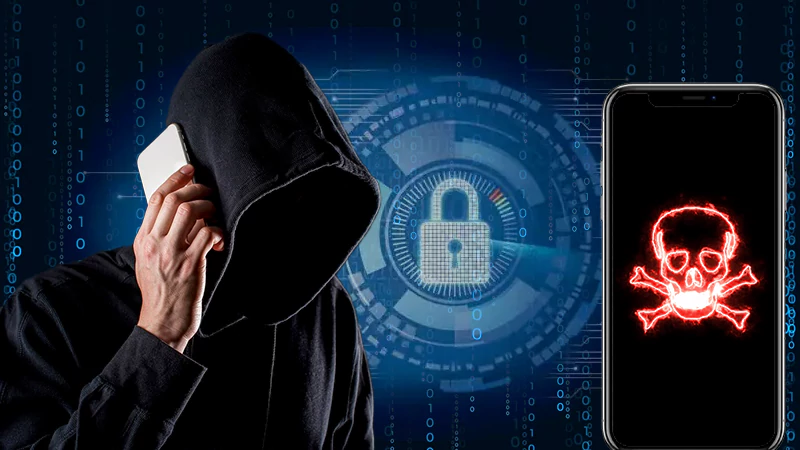Even though remote work was in our lives before, it has gained momentum and popularity after the coronavirus break-out. It has been a great opportunity to keep working but is it safe to work remotely while there are various cybersecurity risks. Is your company’s data or your login credentials safe? Here are some tips on ensuring remote work security in 2022.
1- Avoid Using Public Wi-Fi
There are significant cybersecurity risks to consider while using public wi-fi. The first problem is the lack of a firewall between you and other users. Accessing the same network with others may lead to some serious threats like personal information theft or distribution of malware.
The second one is; interested observers. It means data passing through you and your business may be watched by others who are in any other public network.
One simple and safe option is to use a personal hotspot from your phone or other devices. Even though it counts as your data usage, the expense is negligible when compared to the potential consequences of a major breach into your computer network or company’s systems.
Another option is to use a cloud VPN. Since cloud VPNs encrypt your online activities and everything you send or receive, it will not be possible for others to monitor what you are doing. Cloud VPNs also hide your IP address and personal data.
2- Beware of Phishing Attacks
Phishing is a widespread way of cyberattacks and it is the most effective one. It aims to steal confidential and personal data like login credentials, bank account details, credit card numbers, etc.
An impersonater of a trustworthy authority, entity, or agency sends a malicious link via e-mail or text message to the target victim. A spyware or ransomware is installed on the recipients’ devices when they click on the link without their knowledge.
How can you prevent phishing attacks? Try the following suggestions;
- Security awareness training. Train and educate employees about phishing attacks.
- Type the address into the address bar instead of clicking on it.
- Use an SSL Certificate
- Always keep your security systems updated
3- Use Cloud VPNs
As mentioned above Cloud VPNs allow you to hide your online activity. VPNs are a great tool, they protect you from third parties and cyberattacks by encrypting and protecting the incoming and outgoing traffic. They create a secure tunnel between you and the internet.
It is suggested that VPN should be always on all of the time even when you are using a hotspot from your phone or home internet.
Even though they may have some disadvantages like slow connection speed, increased data usage, etc. VPNs are one of the most important precautions you can take when you consider work-from-home security. To protect corporate data, every remote worker should utilize a VPN, especially in public places.
4- Keep Your Personal and Work Devices Separate
Devices used for work are based on the company’s IT infrastructure however when employees use the same device for their activities, they often do not consider security measurements. This may result in data and security breaches.
To keep your company data safe, you must provide employees with dedicated devices, and also use multi-factor authentication tools. While using separate devices make sure to always update backups of important work-related files.
5- Use Zero Trust Security Model
This security model allows companies to operate safely through three major steps;
- Verify every user
- Validate every device
- Intelligently limit access
The zero-trust security model’s fundamental concept is “never trust, always verify”. This model does not allow devices to get access by default even if they were verified before or connected to a corporate LAN network.
With this model, companies can always verify all access to all resources. It also allows for keeping the impacts of external or internal breaches to a minimum level.
6- Use Strong Passwords
Using complex passwords is one of the fundamental steps to keeping your accounts safe. Using the same and predictable passwords for all your accounts may result in a hack and you lose access to all of them.
To prevent this problem, when creating a password, use both numbers and letters with uppercase letters and non-alphanumeric characters. Make sure you periodically update your passwords.
7- Use Multi-Factor Authentication
Multi-factor authentication is a system that requires more than one separate authentication element. There are three different categories of these elements;
- Something you know (password, keyword, PIN, etc.)
- Something you have (card, mobile, other devices)
- Something you are (voice, fingerprint, retinal pattern)
Even if it takes a few seconds longer to get in, the added security that authentication gives is well worth it. And even if your password is leaked another step to verify may stop others to access your account.
Final Word
Even if remote work has some advantages for both employees and employers, it takes crucial risks with it.
To keep your data, personal information, and company safe using cybersecurity services and products is highly recommended with adequate training and education about the risks.
















